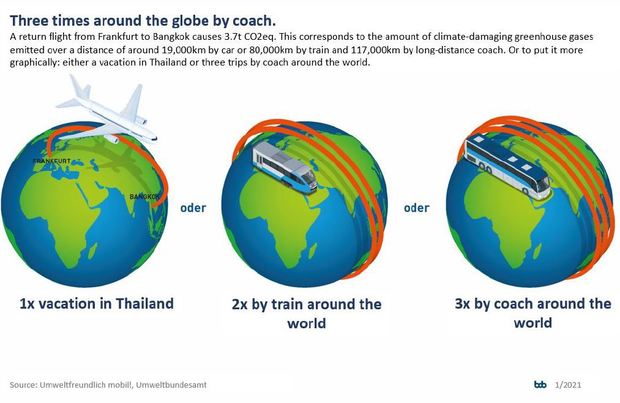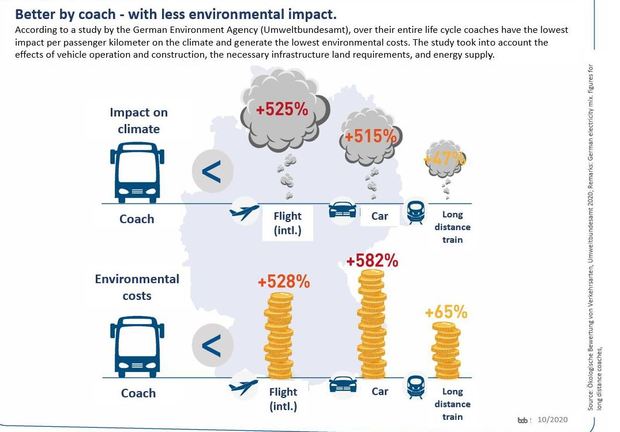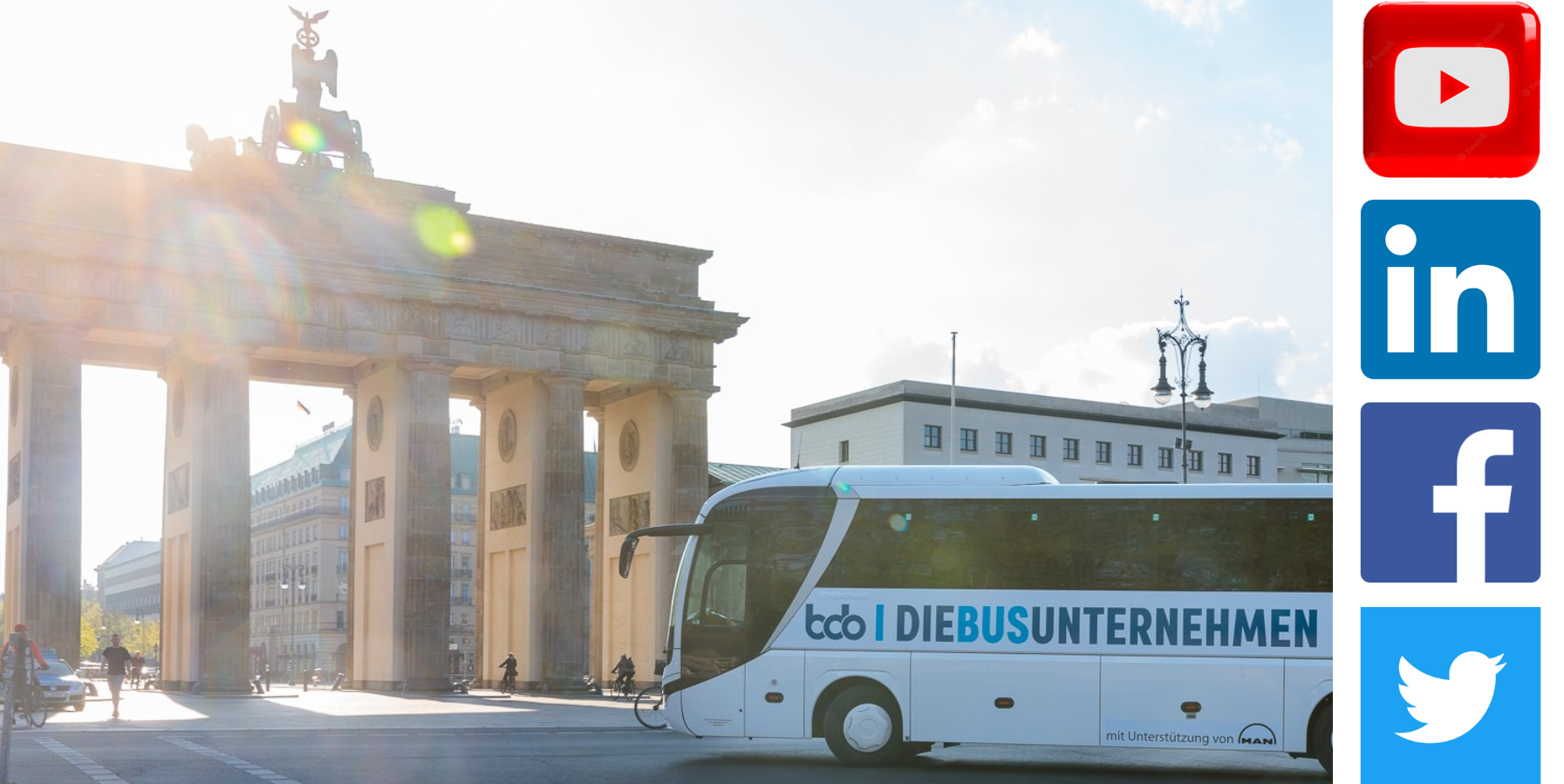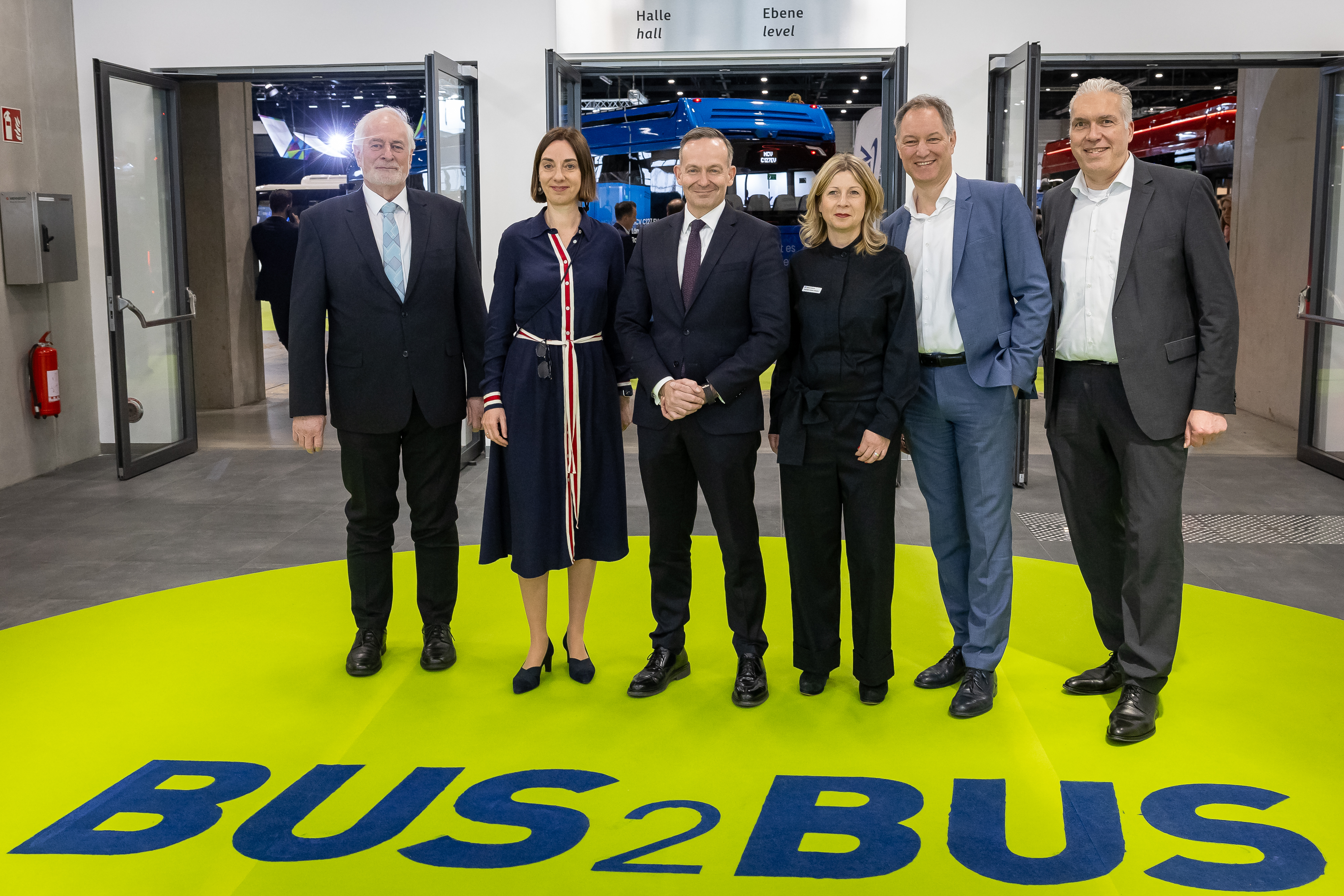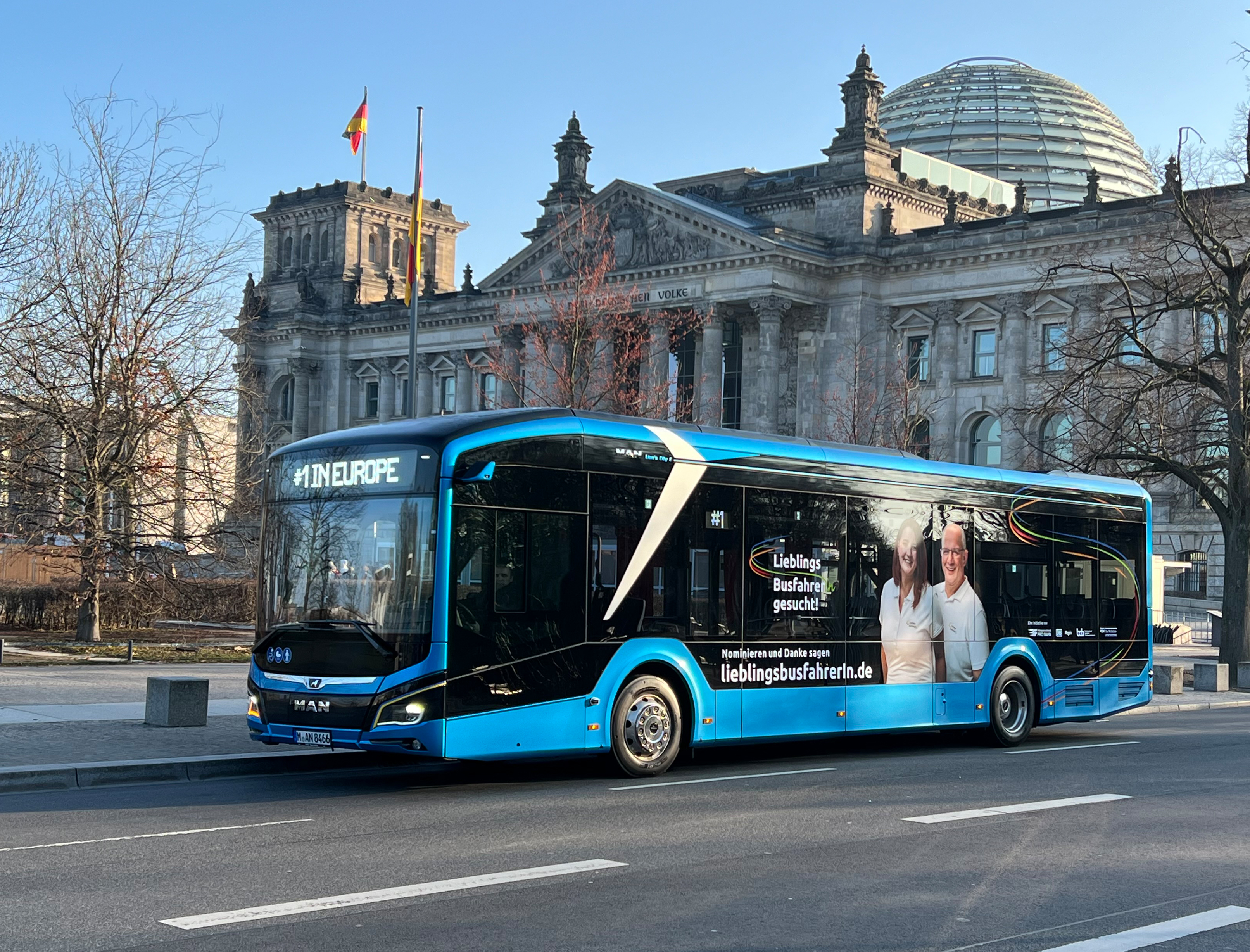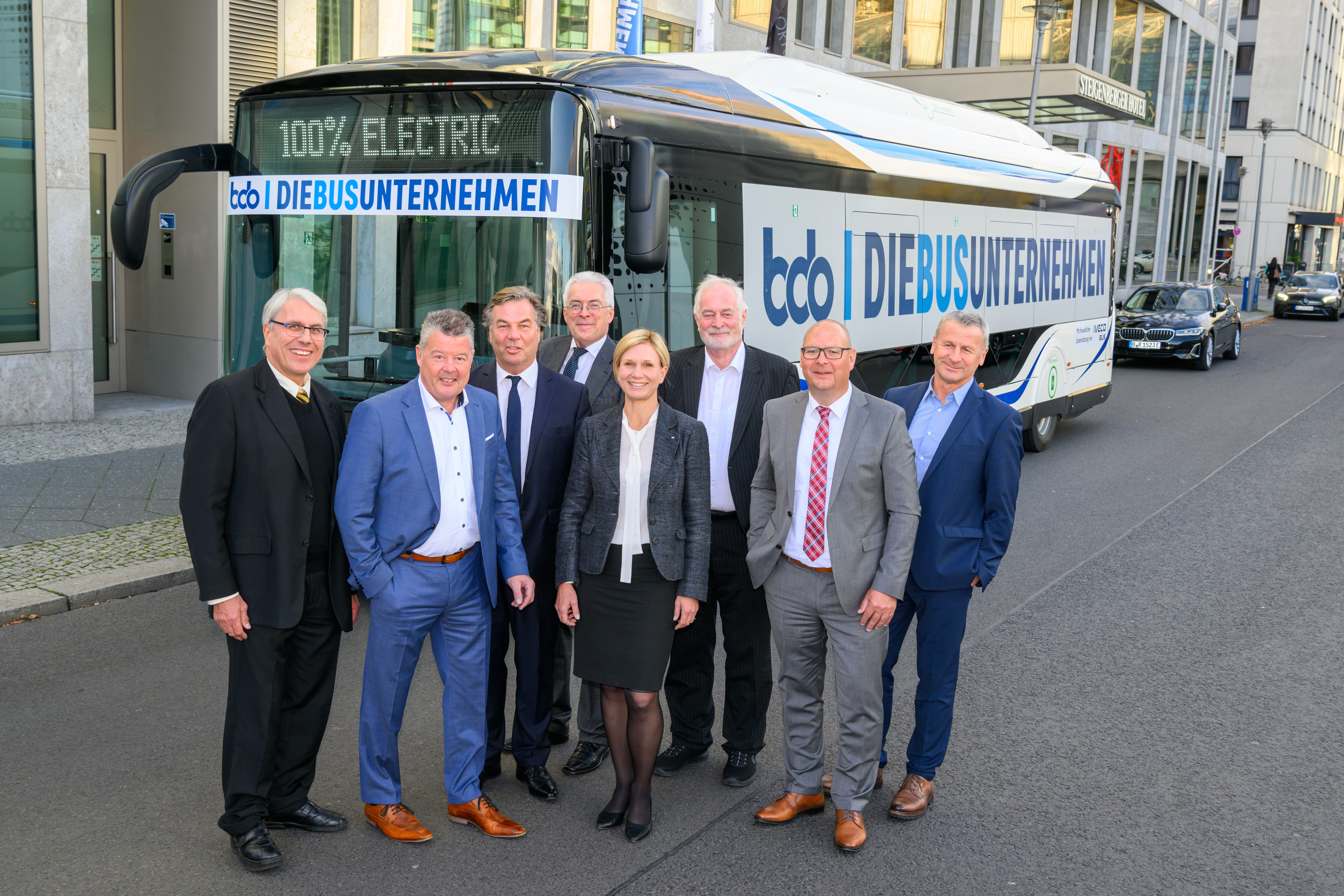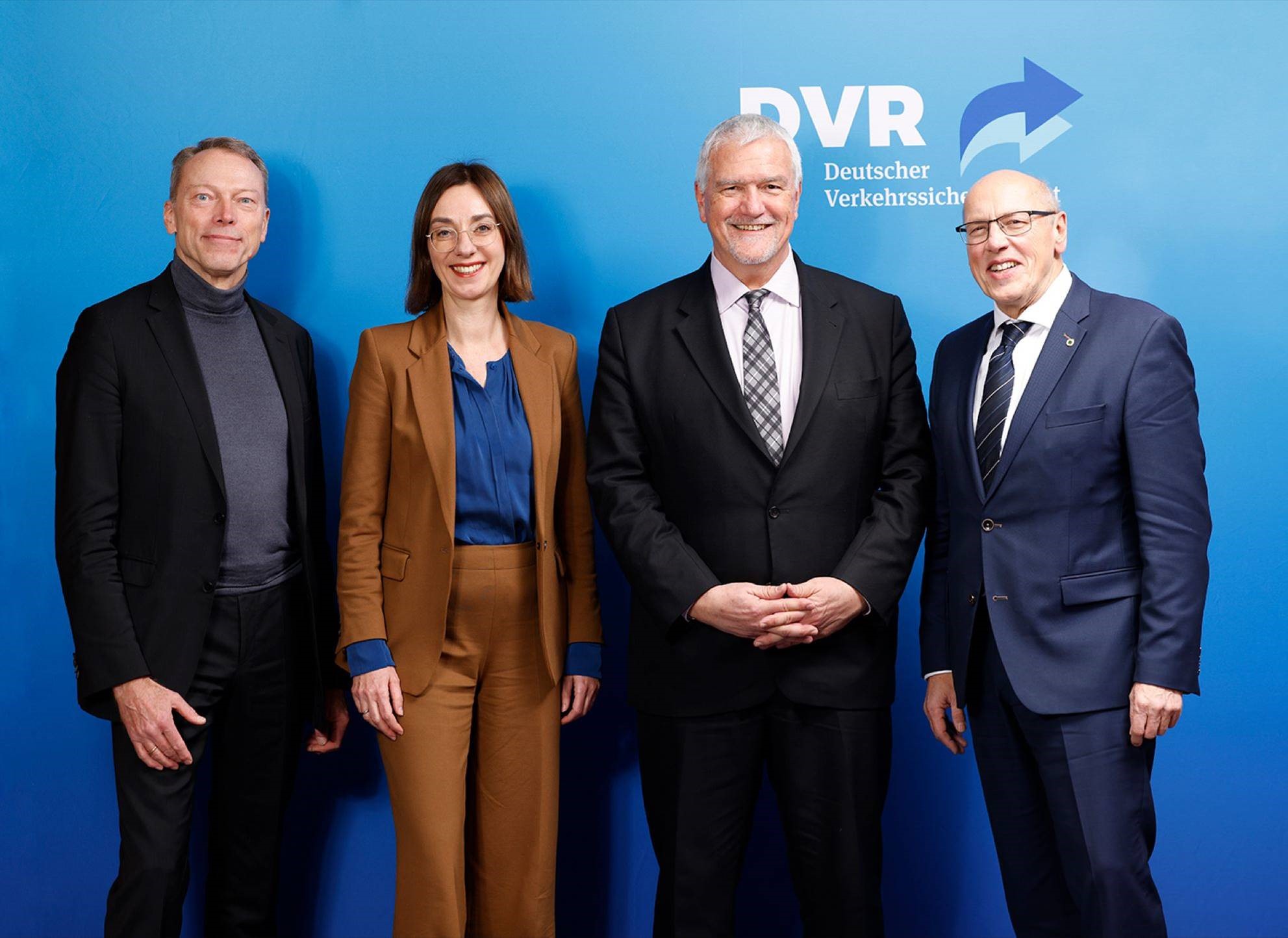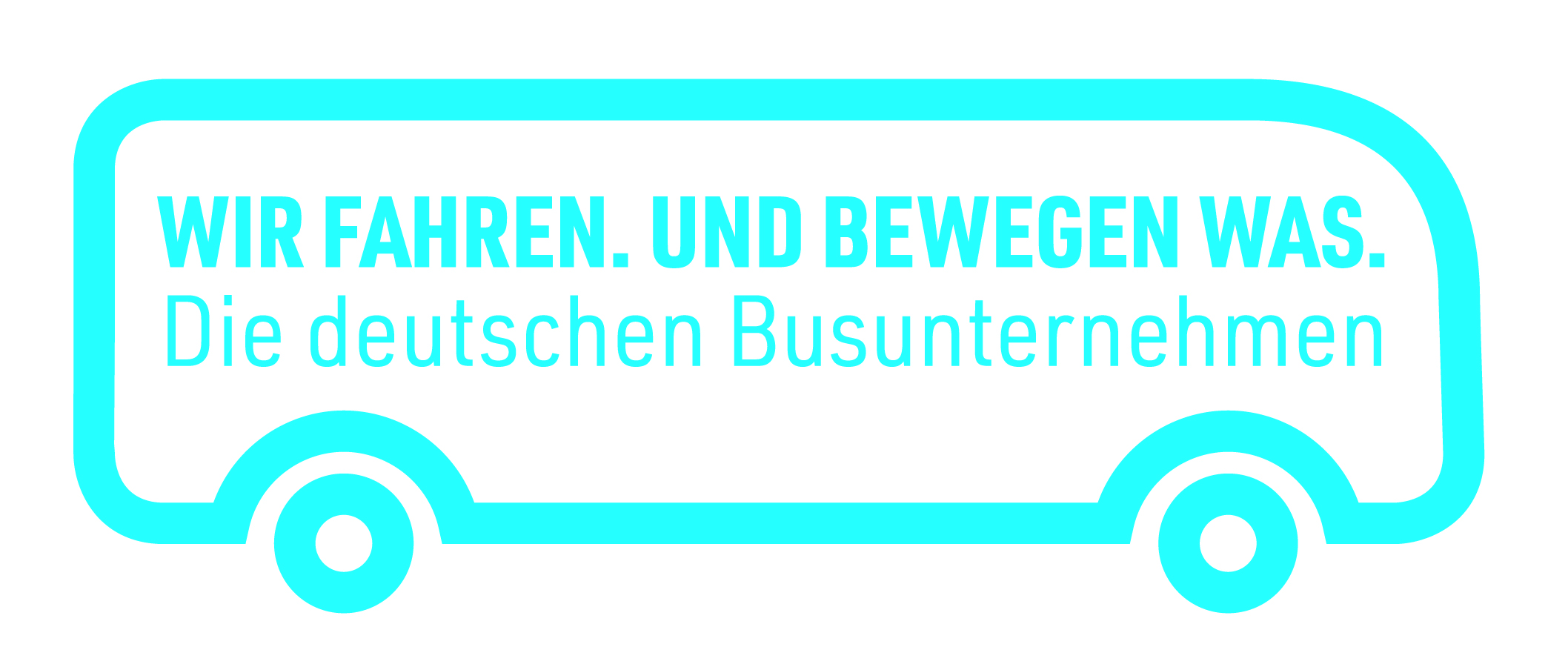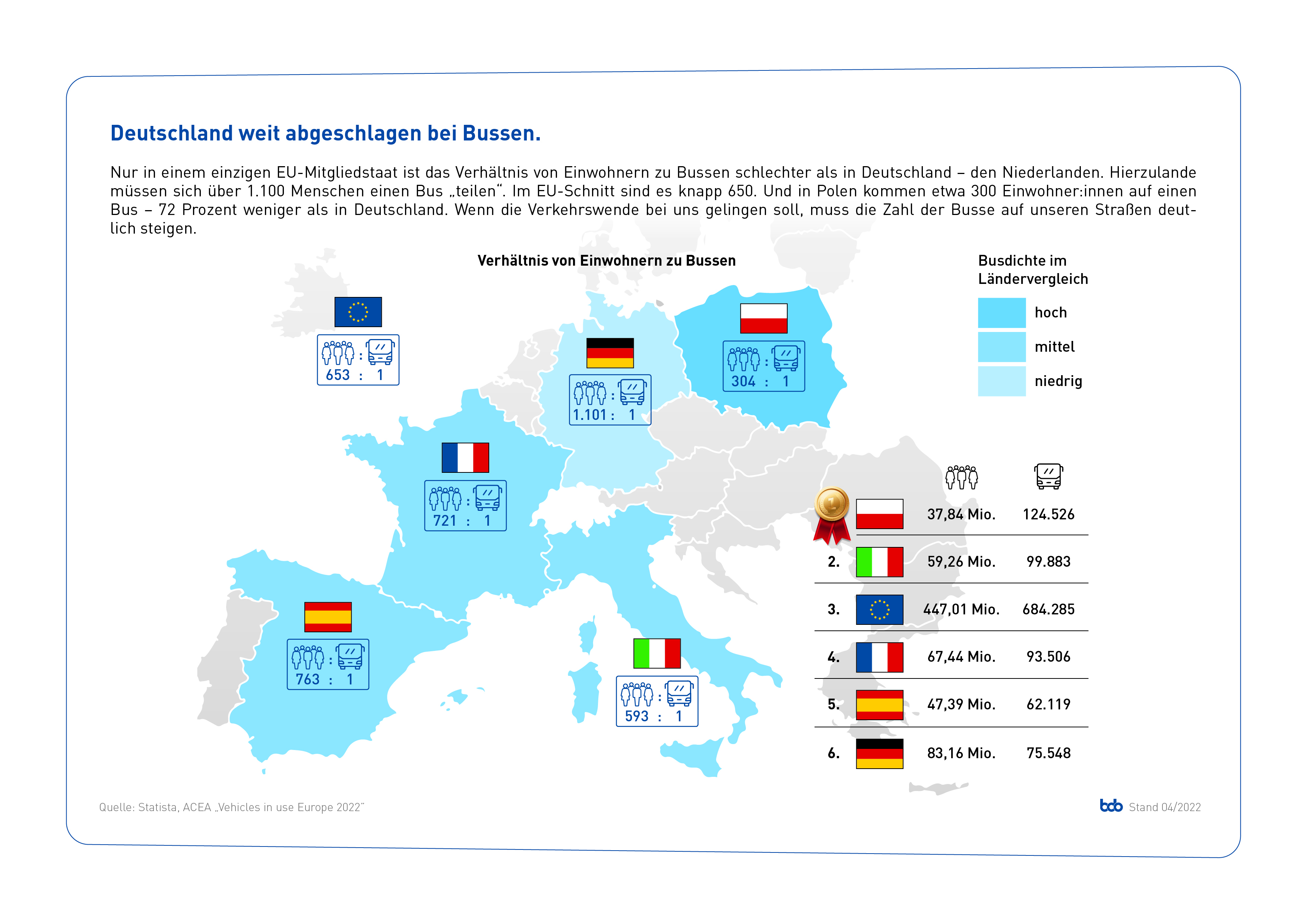SN55 Position Paper Eurovignette
Eurovignette Directive – improvements required for a level playing field in passenger road transport
The German Bus and Coach Operators’ Association (bdo) is the umbrella organisation of the private bus and coach industry in Germany. The bdo represents the interests of more than 3,000 companies on the national as well as on the EU-level. The association’s members are active in local public transport, occasional services and long-distance coach services.
I. General Remarks
Almost three years after the publication of the Commission’s proposal for the Eurovignette Directive, the trialogue has finally begun. The core element of the legislative initiative is strengthening the polluter-pays principle in the road transport sector. Unfortunately, the text adopted by the European Parliament places a one-sided burden on climate-friendly buses and coaches. The passenger car, on the other hand, as the main source of noise and air pollution, gets off scot-free.
The primary reason why the Parliament’s decision negatively affects buses and coaches is not that these vehicles will become subject to the revised directive. The bus and coach operators rather welcome that the new Eurovignette establishes a common European framework for how tolls are applied to collective road transport. But the chosen methodology has a fundamental flaw which will have severe consequences for buses and coaches: all heavy-duty vehicles are treated in the same way. Bus/coach = truck. This is the simple equation according to which the Eurovignette will work in the future. But buses and coaches compete with cars, not with trucks. A truck may be replaced by a van and a coach passenger may opt for going by car. But a truck will never be replaced by a coach. For ensuring a level playing field among road users, all vehicles used for the same purpose must be tolled and charged according to the same standards. While this principle is applied by the European Parliament for the goods transport sector where light duty vehicles used for the transport of goods will be tolled, the approach to passenger transport is different:
- Introduction of a compulsory toll for coaches (at least in Germany), but not for passenger cars.
- Immediately abolish time-based infrastructure charges for coaches, but not for passenger cars.
- Immediate imposition of external cost charges on coaches, but not on passenger cars.
Only when it comes to congestion charges member states would be allowed to exempt buses and coaches. The Council’s common position, on the other hand, would enable member states to support public transport by buses and coaches by lower tolling rates or exemptions. Thus, the EP should follow the Council in the trialogue on the points relevant to buses and coaches in order to improve the situation for climate friendly collective road transport.
II. Allowing member states to support modal shift to collective transport
Buses and coaches are among the cleanest and most sustainable modes of transport: Depending on the mix of fossil fuels, renewables and nuclear energy in the Member States, the environmental footprint from buses and coaches can be even lower than of rail services. In any case, buses and coaches have significantly better emission values than passenger cars.
In the Eurovignette proposal it is acknowledged that cars are the major polluter and that “(…) passenger cars are at the source of about 2/3 of external costs (including the cost of climate change, air pollution, noise, accidents and other negative impacts) generated by road transport (…)” and that the “highest share of these [CO2] emissions originates from passenger cars (over 60%).”
But while the Eurovignette clearly states that “to promote the use of the cleanest and most efficient vehicles, Member States should apply significantly reduced road tolls and user charges to those vehicles”, the text adopted by the European Parliament does not provide for solutions which would enable the Member States to promote sustainable collective transport.
bdo therefore suggests the following amendments which would give member states more flexibility how to reduce emissions in the transport sector:
- EP ARTICLE 7 (9): As a result of the parliamentary decision, those countries which already toll heavy goods vehicles will be obliged to toll long-distance buses and coaches as well. Even local public transport buses on routes longer than 50km will have to be tolled as only buses without tachograph would be exempted from mandatory tolling. This automatism must be abolished. The member states need the right to choose whether they want to strengthen public road transport by exempting it from tolls or charge lower toll rates for buses and coaches than for trucks. The solution would be to either delete Article 7 (9) or amend it as follows:
o Option 1: “As of XXX, tolls and user charges applied to heavy duty vehicles shall apply to all heavy duty vehicles. Member States may however decide to exempt buses and coaches for reasons of promotion of collective transport.
o Option 2: “As of XXX, tolls and user charges applied to heavy duty vehicles shall apply to all heavy duty goods vehicles.
- NEW: If Member States have decided to toll coaches and buses, they must be able to charge lower rates than for trucks. As trucks and buses/coaches are not competing, this would help strengthening collective road transport without negative effects for goods transport. Thus, the European Parliament should second the Council which has adopted a corresponding position:
o Council Position Article 7cb (1): For buses and coaches, Member States may choose to apply the same or lower values than those applied to heavy goods vehicles.
- EP ARTICLE 7C (5): Parliament has agreed that an additional external cost charge must be levied on buses and coaches when the directive enters into force. Passenger cars, on the other hand, are not due until 2026. One thing is clear: If buses and coaches pay external cost charges, this must also apply to passenger cars. Otherwise, sustainable collective transport would be discriminated against. In any case, member states must be able to exempt buses altogether or charge lower external cost rates than for trucks. Thus, the Parliament should follow the council and agree to the following Council proposal:
o Council Position Article 7 (8a): “Where tolls are applied to all heavy duty vehicles, Member States may choose to recover a different percentage of costs from coaches and buses and motor caravans, on the one hand, and from heavy goods vehicles, on the other hand.”
- EP ARTICLE 7DA (3): The Parliament correctly acknowledges that buses and coaches can be exempted from congestion charges. However, it is not clear why higher charges should be applied to a bus or coach than to a passenger car. The corresponding equivalence factor must be lowered further.
To make the transport revolution a success, we need competitive, strong public transport. The Eurovignette Directive must take a holistic approach and consider its consequences for the whole passenger road transport sector. Member States must have the option to strengthen public road transport and require greater flexibility than the Eurovignette text which has been adopted by the European Parliament allows for. Buses and coaches must not be put at a competitive disadvantage if the European Union takes it commitment to the Paris Climate Goals seriously.

